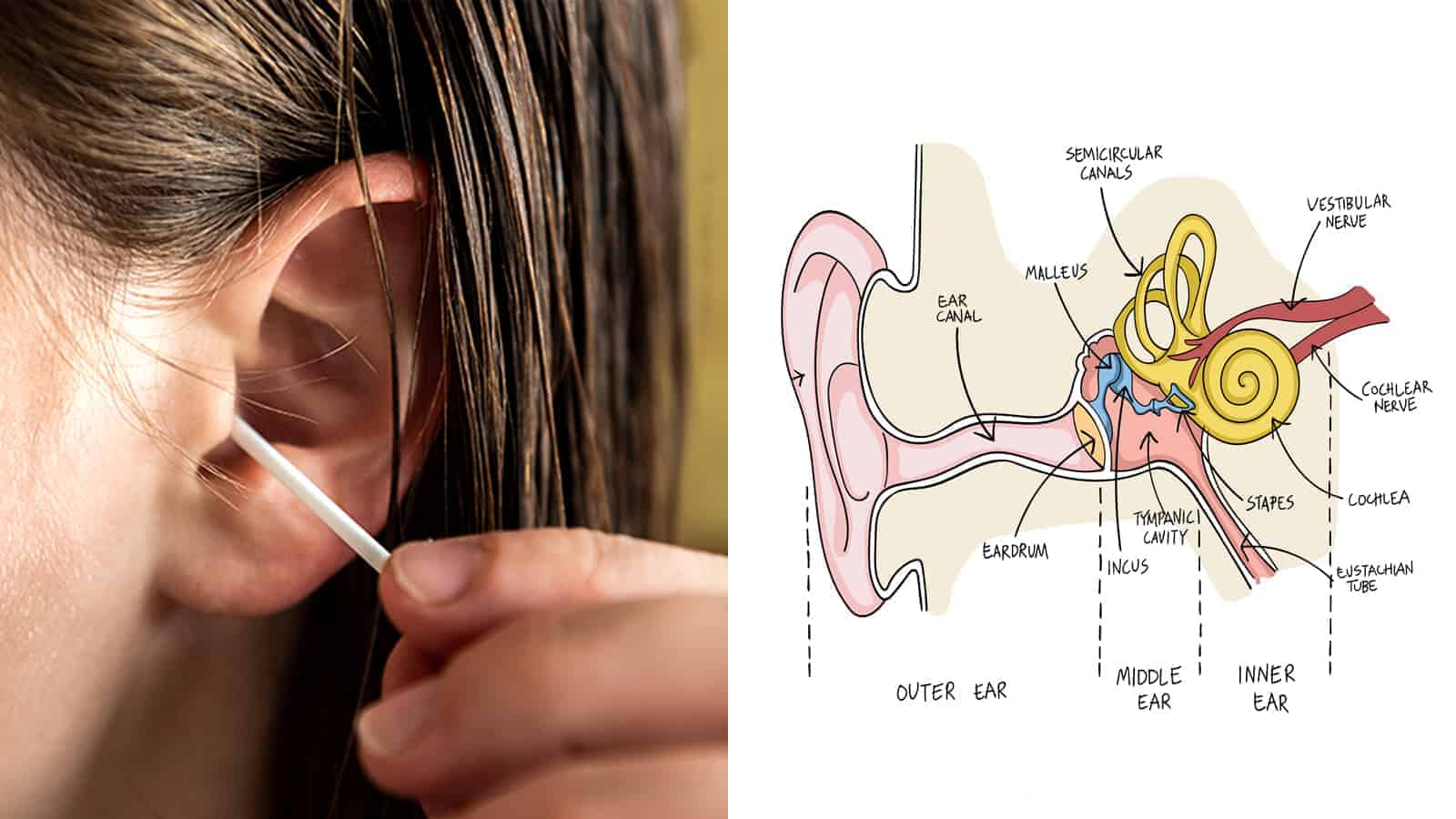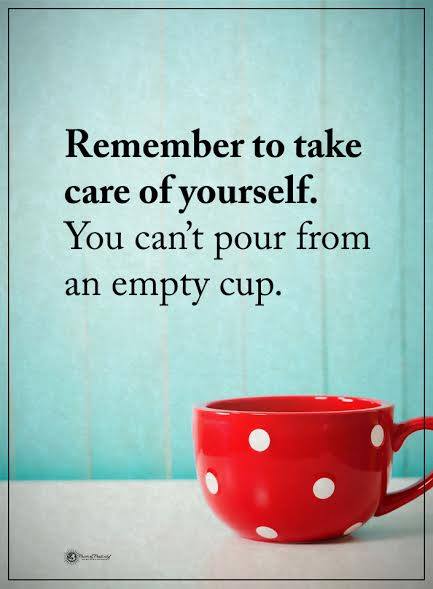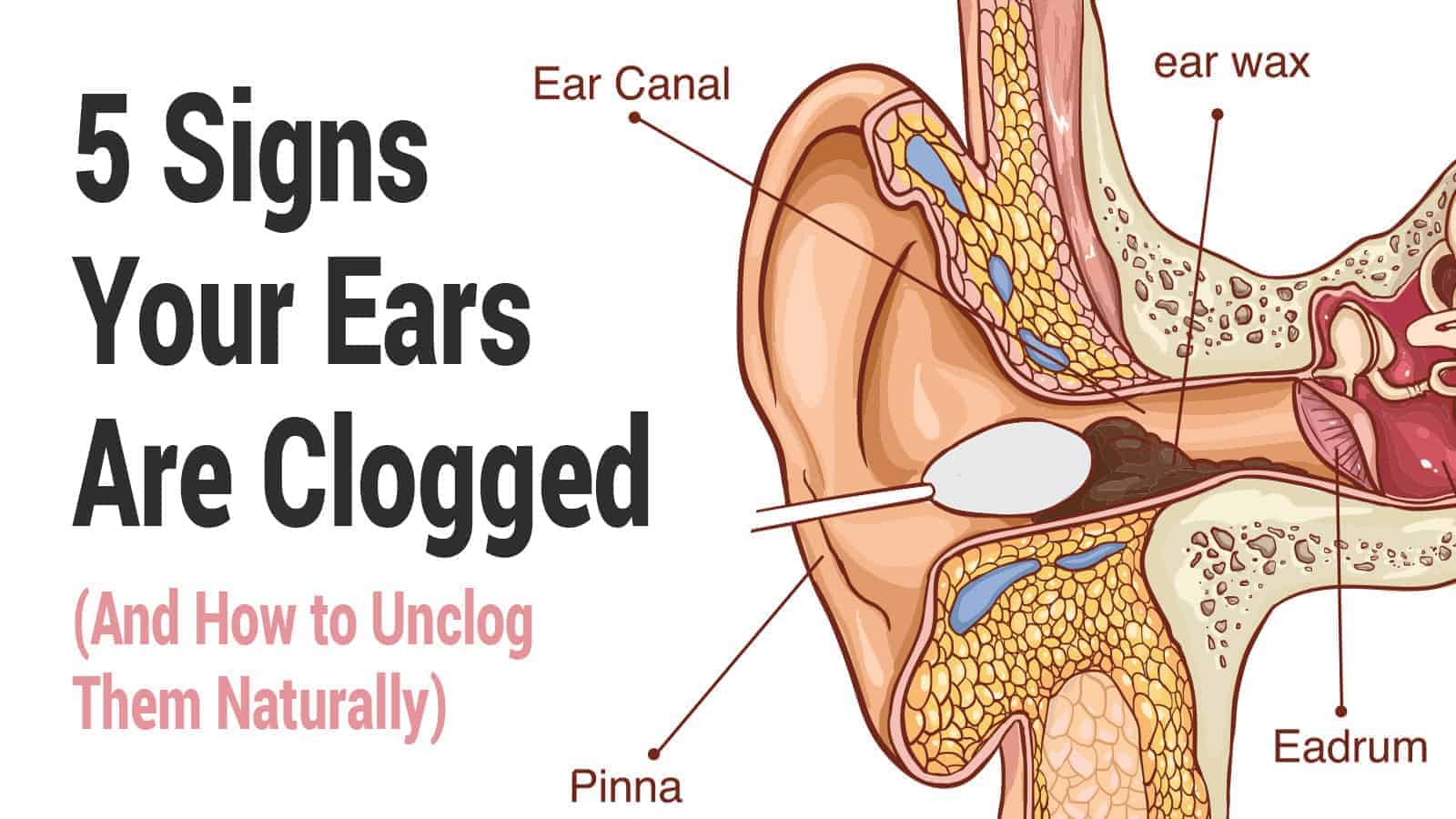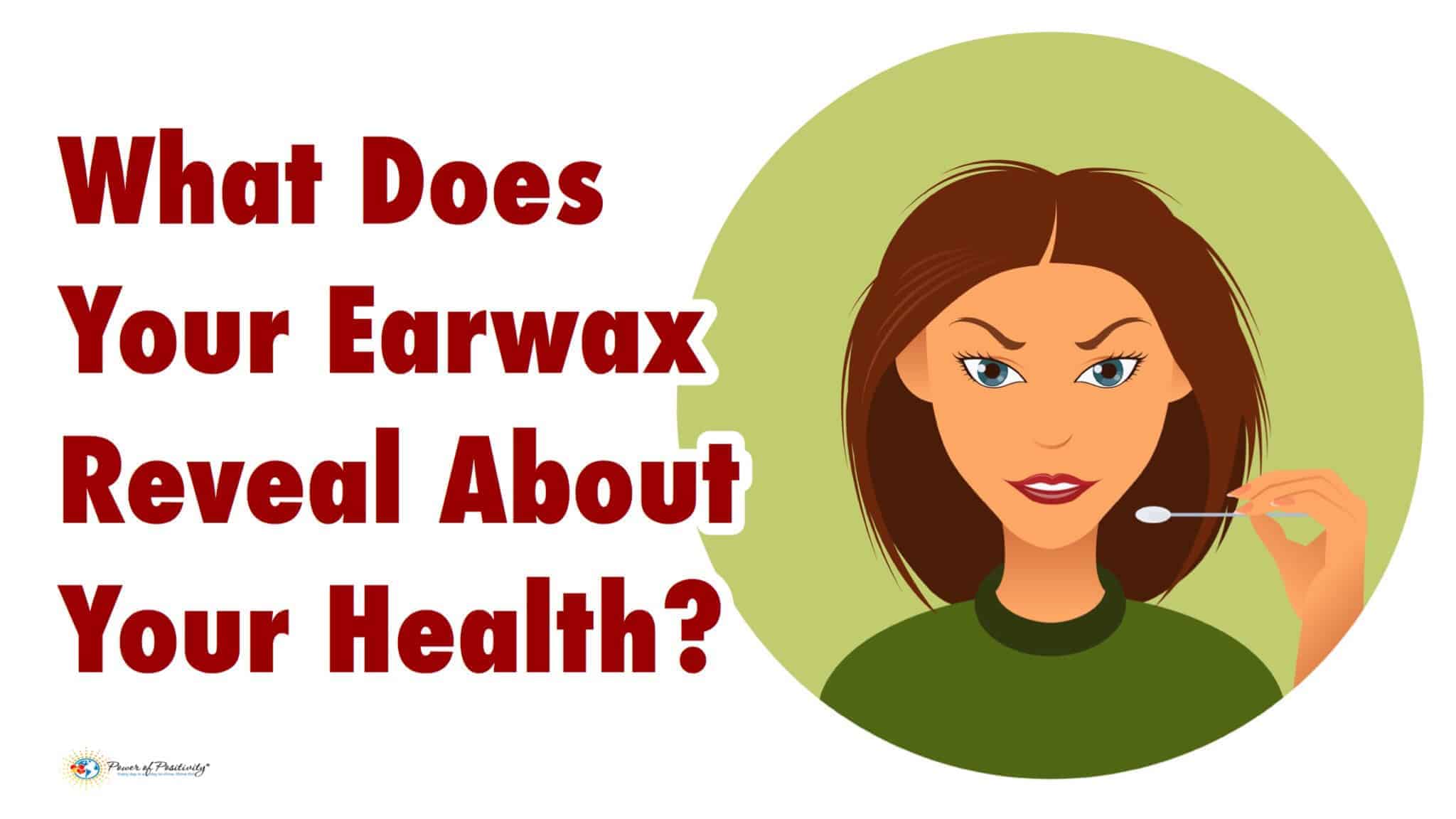Most adults know you shouldn’t put a little plastic stick into your ears. But if that plastic stick has a bit of cotton around it, most people don’t think twice about using it to clean their ears. Cotton swabs are dangerous for your ears. Here are what doctors say are the real dangers of cotton swabs for ear cleaning.
History of cotton swabs
So, where did those little sticks with the cotton on end come from? Back in 1923, a young man named Leo Gerstenzang observed his wife wrap a bit of cloth around a toothpick to clean their baby’s ears.
Inspired by what he saw, he created a cotton swab, especially for parents to clean their infant’s ears. Much to the medical community’s dismay, over the past 100 years, the cotton swabs have grown in popularity.
Doctors pushed for a warning label on the box to alert the public to the dangers of using cotton swabs. But not until the 1970s did the company add a warning on the cotton swab boxes. These warnings are still on cotton swab boxes today, but few people pay attention to them.
Americans aren’t alone in their obsession to clean out their ears. Historically, people in some Asian countries have used ear cups for ear cleaning. In Japan, there are ear cleaning parlors where you can get your ears cleaned with a tiny ear rake. And archeologists have dug up ancient bronze ear picks in areas near Rome that date back to the 3rd or 4th centuries.
What is ear wax anyway?
Your ear canal contains small glands that make a waxy type oil called cerumen, or earwax. Tiny hairs in your ear canal move the wax down the channel to the opening of your ear. Typically, it gets washed off when you shower, and you don’t even know it.
Doctors recommend that you don’t clear your ears of wax. Because, although it looks ugly, it stops dirt, dust, and bacteria from slipping down your canal. Your ear wax also lubricates and protects the delicate lining of your ear canal. When you clean your ears, you’re removing your body’s natural protection for your ear canal.
Is ear wax a problem?
Sometimes you get a bit of wax build-up in your ear canal. This excess can be because you’ve used cotton swabs pushing the wax farther into your ears. Your ears will usually clear this up on their own, but if you notice you can’t hear as well, your doctor can remove the excess ear wax safely. Procedures like ear irrigation, mechanical removal of wax, and wax softeners are standard practices, but studies suggest there isn’t sufficient evidence to prove these procedures are safe.
Dangers of cotton swabs
Here are some genuine dangers doctors say cotton swabs can cause you when you use them.
-
Pushes the wax deeper into your ears
When you use a cotton swab to clean your ears, you may unintentionally push the ear wax deep into your ear canal. The wax gets pushed up against your eardrum, where it’s not intended to be. It puts pressure on your eardrum, causing damage. You may also accidentally push, ear wax further into your ear canal, causing damage to the lining of the channel.
-
Accidentally penetrating your eardrum.
Cleaning your ears is never a good idea. Your ears clean themselves naturally, and that’s the safest thing. Cleaning your ears with a cotton swab is especially dangerous if you accidentally insert the cotton swab too deep. You can penetrate your eardrum. Doctors treat people who’ve injured their eardrum this way all the time. The best policy is don’t clean your ears with cotton swabs.
-
Cotton pulls apart
Horror stories are circulating the internet about brain infections, headaches, dizziness, and nausea resulting from cotton swabs. Cotton swabs can pull apart, leaving bits of cotton in your ear. Your body can’t fully absorb the cotton, so it moves it to other parts of your head, nasal cavities, or wherever. It’s awful to think about, but these things have happened to eager ear cleaners who do not understand that using a cotton swab could do so much damage. Consider yourself warned.
-
Infection
Your ears naturally clean themselves of ear wax. It’s a great system that works well until it gets interrupted by you cleaning out your ears with a cotton swab. Cotton swab cleaning removes the wax, which protects your ear canal and eardrum. This overcleaning can cause infections deep in your ear canal or your eardrum.
-
Hearing loss
Cotton swabs are only bits of cotton wrapped around a plastic stick. It’s easy to accidentally go too deep into your ear so that you puncture your eardrum. This accident can cause hearing loss for the rest of your life. Squeaky clean ears aren’t worth it.
-
Ruptured eardrum
The dangers of a ruptured eardrum are great if you clean our ears with a cotton swab. One study found that ear injury because of using cotton swabs are common for ear, nose, and throat doctors to see in their practice. The misuse of cotton swabs is alarming, and no amount of warning seems to stop patients from using them. If you rupture your eardrum, it may cause hearing loss or infection in your middle ear. If the eardrum doesn’t heal itself, you will need surgery to repair it.
-
Dries out your ear canal
Ear wax if the best lubricant for your ear canal. If you remove your ear wax, you’re apt to dry it out. This environment can cause your ears to feel itchy and uncomfortable. Plus, you’re likely to get an infection in your ear canal or even more in-depth. Many people think that cleaning their ears with a cotton swab is addictive. It feels good to move the cotton swab around your ear canal. But resist the urge, it’s too risky.
-
It’s not natural
If for no other reason, don’t clean your ears with a cotton swab because it’s not natural. Your body does a great job of getting rid of your ear wax at a natural pace. When you chew and move your head, it helps move the wax along the ear canal and out the opening to your ear. When you shower, flakes of the wax will come off. Wax isn’t wrong for your ears, no matter what your mother told you.
-
Don’t clean your kids’ ears with cotton swabs.
Okay, parents, this is hard to do, but resist the urge to clean your children’s ears. Their ears, like yours, are fully equipped to clean themselves. There are genuine dangers to cleaning your kids’ ears. If they wiggle around while you’re using cotton swabs, you could accidentally puncture their eardrum, causing them pain, infection, or long-term hearing loss.
-
It’s a bad habit
Believe it or not, doctors suggest that cleaning your ears out with a cotton swab is like smoking. It’s a bad habit that’s hard to quit. After years of cleaning your ears like this, you may find it difficult to skip this step in the morning. The best way to kick this habit is to stop buying cotton swabs. Don’t give in to the strong urge to clean your ears just because they felt so much cleaner, it’s an illusion. If your ears could talk, they would tell you they can take care of themselves without your help.
What is good ear care?
Your ears may be self-cleaning, but that doesn’t mean you shouldn’t give them proper care. Here is a list of some ways to take care of your ears.
- Protect your ears from loud noises
- Wear ear protectors at work. If the sound level is higher than 85cB, this could damage your ears.
- Lower your television, radio, or computer.
- Wear earplugs at concerts or night clubs.
- Never put anything in your ears. Not even your fingers.
- Wipe your ears with a damp, warm washcloth, don’t put it inside your ears.
What about water in your ear?
After you shower or swim, you may feel you have water in your ears. Tilt your head to one side, hold a towel against your ear. The water should drain naturally. If not, you can hop on one leg and tilt your head in the same direction. The hopping will help remove the water out of your ear.
What about the swimmer’s ear?
Studies found that prescription ear drops can relieve the pain from an outer ear infection caused by swimming or showering. But the same study found that over-the-counter eardrops haven’t proven as useful. One doctor-approved home remedy for swimmer’s ear is a solution of one teaspoon of rubbing alcohol mixed with one teaspoon of white vinegar.
The alcohol dries out the water in the ear and kills any lingering bacteria. Some people suggest using a blow dryer near their ears to dry them out, but if your blow dryer is too loud, this could cause damage to your ears.
Final Thoughts on the Dangers of Cotton Swabs for Ear Cleaning
Cotton swabs might seem like a handy tool. But regular use is probably doing your ears more harm than good.

















 Community
Community

